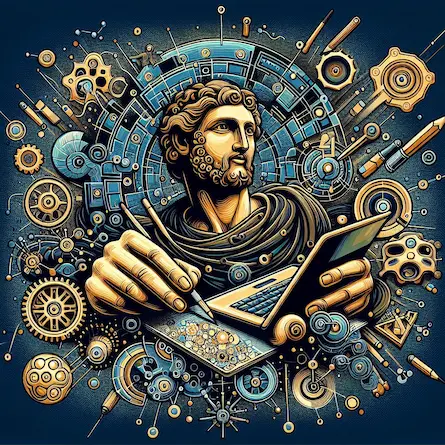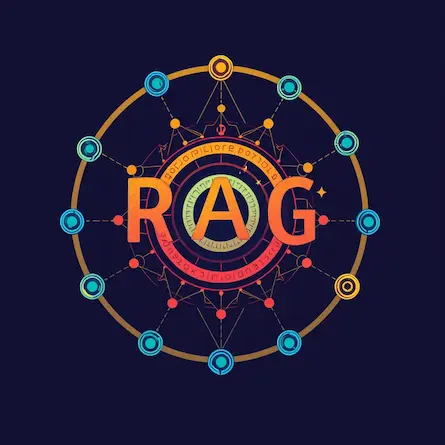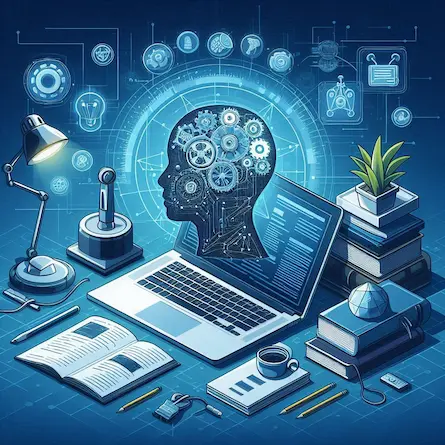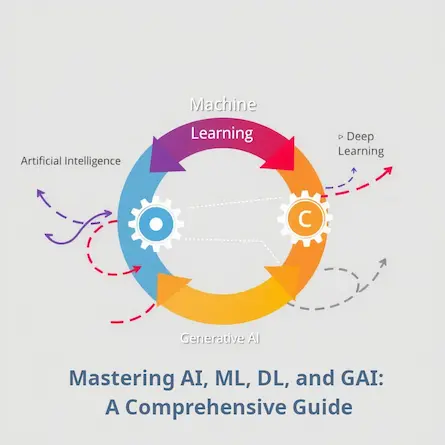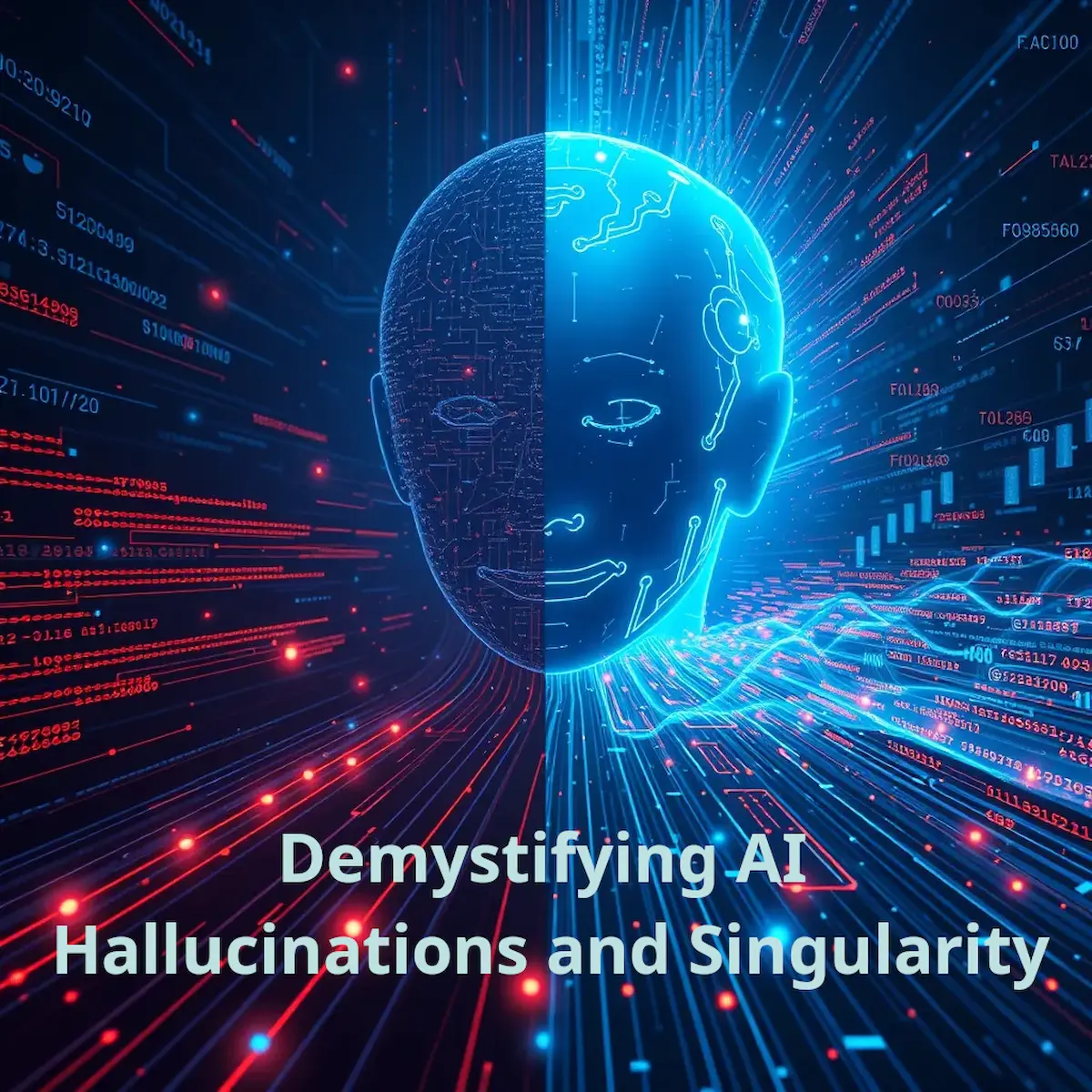
Understanding AI Hallucinations, Singularity, and Expert Perspectives: A Beginner’s Guide
- Ctrl Man
- Technology , AI , Education
- 01 Oct, 2024
Understanding AI Hallucinations, Singularity, and Expert Perspectives: A Beginner’s Guide
Artificial intelligence (AI) has become an integral part of our daily lives, transforming industries from healthcare to transportation. As AI technologies evolve, two key concepts—AI hallucinations and the idea of AI singularity—have sparked significant interest and debate. This article aims to demystify these concepts for beginners while providing insights from experts on the current state of AI.
1. AI Hallucinations: What Are They?
Definition of AI Hallucinations
AI hallucinations refer to instances when an AI system generates responses that are inaccurate, irrelevant, or nonsensical. These errors highlight some of the limitations in current AI systems and make hallucinations a critical focus in AI research and development.
Key Factors Influencing AI Hallucinations
Quantity of Data
- Correlation: The amount of data used to train an AI model plays a significant role in minimizing hallucinations. Larger datasets provide more comprehensive knowledge, reducing the likelihood of incorrect outputs.
- Example: A customer service chatbot trained on a vast database of interactions is less likely to generate irrelevant answers compared to one trained on limited data.
Quality of Data
- Importance: The quality of training data is just as important as its quantity. Even a large dataset can result in hallucinations if the data is inaccurate or outdated.
- Example: A medical diagnosis AI relying on outdated medical journals may suggest treatments that are no longer considered safe.
Diversity of Data
- Coverage: Datasets that encompass a wide variety of topics and scenarios help reduce hallucinations by providing the AI with a broader understanding.
- Example: A financial forecasting model trained only on data from one country may struggle to predict economic trends in other regions.
The Role of Regional Data
- Impact: AI systems benefit from regional data that aligns with cultural and linguistic differences. Training models on diverse geographic datasets improves their reliability in various regions.
- Example: A translation AI trained on global data is better equipped to handle linguistic nuances compared to one that focuses solely on English.
2. The Singularity: Myth or Reality?
What Is the AI Singularity?
The AI singularity is a hypothetical event where AI surpasses human intelligence and becomes self-aware. This concept, often explored in science fiction, has generated intense debate among AI experts and futurists.
Expert Opinions on the Singularity
Skeptical Viewpoints
- Joelle Pineau: A leading AI researcher, Pineau views the idea of singularity as science fiction rather than a plausible future.
- Argument: AI systems, while powerful, still rely on human-designed algorithms and lack self-awareness. There is no concrete evidence suggesting that conscious AI is possible.
Optimistic Perspectives
- Ray Kurzweil: A well-known futurist, Kurzweil believes that technological progress will eventually lead to the development of superintelligent, conscious AI.
- Argument: With the exponential advancement of technology, Kurzweil predicts that AI will continue to evolve and potentially surpass human intelligence in the near future.
The Debate: Speculation vs. Reality
- Complexity: The divide between optimistic and skeptical views reflects the uncertainty surrounding AI’s future. Predictions about AI singularity remain speculative, with no clear path to its realization.
- Conclusion: While it’s important to remain cautious, an open mind toward potential advancements in AI is essential for engaging in this debate.
3. Practical Takeaways for Beginners
AI Hallucinations: Managing Expectations
- Guidelines: Expect occasional hallucinations from AI systems, especially in complex or unfamiliar tasks. Improving data quality and diversity can reduce these errors.
- Example: Always cross-check AI-generated information in critical contexts, such as legal or medical advice, to ensure accuracy.
Navigating the Singularity Debate
- Balanced Approach: When discussing AI singularity, it’s important to evaluate claims critically, considering both optimistic and skeptical perspectives.
- Example: Understand the potential benefits and risks of AI technologies before forming strong opinions on their future impact.
Conclusion
In summary, understanding AI hallucinations and the singularity debate is essential for anyone interacting with modern AI systems. While AI has made remarkable progress, challenges like data quality and diversity remain. At the same time, the debate over AI’s future—whether it will reach singularity or remain a powerful tool under human control—highlights the complexity of predicting technological advancements. As AI continues to evolve, keeping a balanced and informed perspective will help navigate its growing influence on society.





